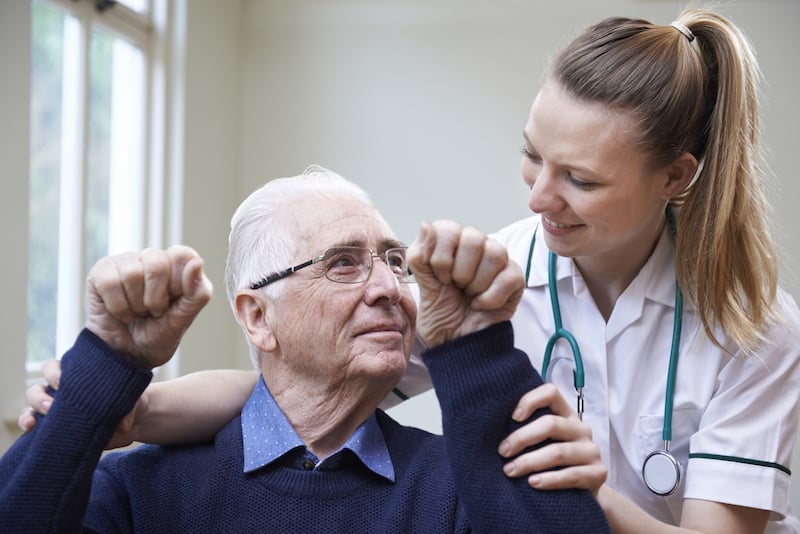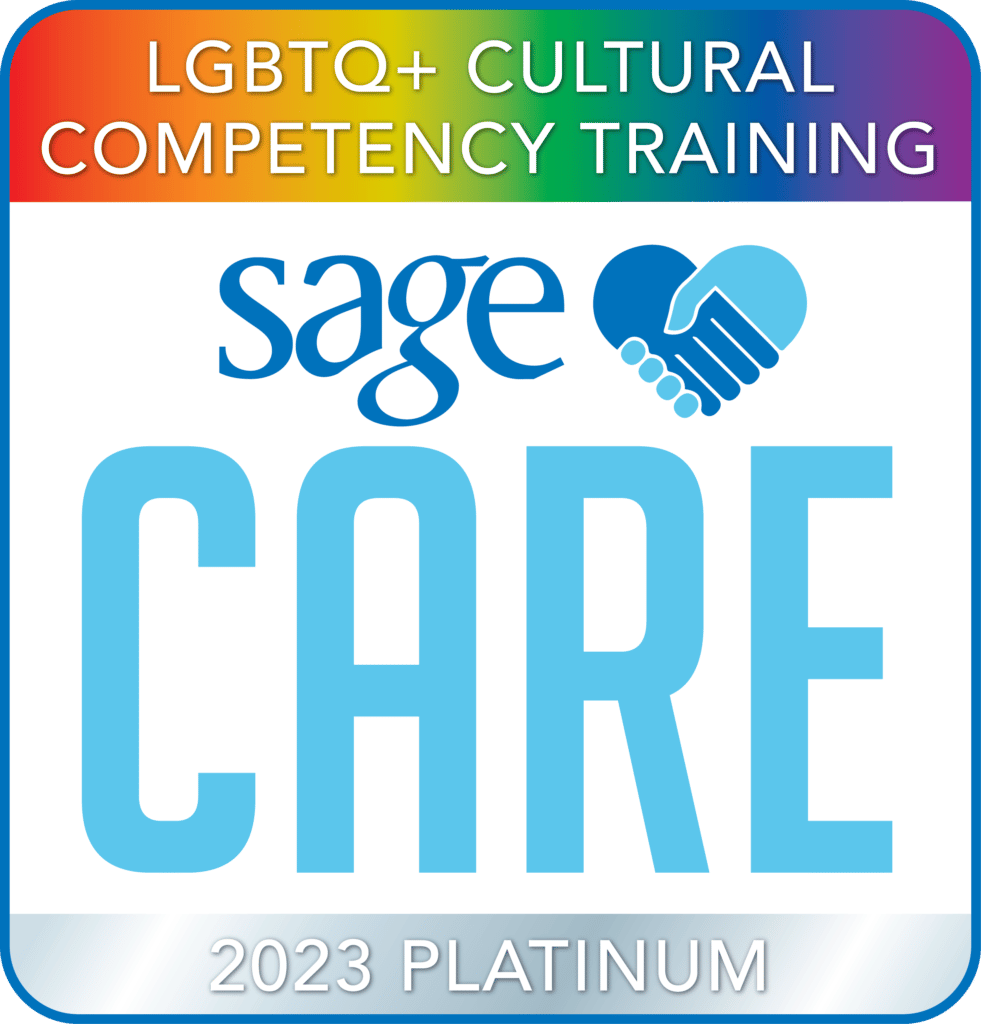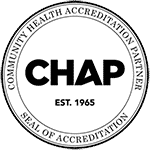5 Ways to Assist a Senior Recovering from a Stroke

Assisting an elderly loved one after a stroke requires patience, planning and a lot of hard work. Here are some tips to help make stroke recovery caregiving easier and more effective, from our in home respite care services team in New Jersey:
- Research strokes. Knowing as much as possible about your loved one’s condition is key to providing effective assistance. In addition to reading about the subject online from reputable sources like the American Stroke Association, speak to your loved one’s physicians and find out exactly how the stroke has affected your loved one, what the recovery process looks like, and signs of a possible relapse or an additional stroke. Hospitals also offer stroke support groups.
- Prepare the home. While your loved remains in hospital, take some time to prepare the home to accommodate their caregiving needs. You might need to relocate their bedroom to avoid stairs, get rid of mats and loose carpets that can cause trips and falls, or install grab handles in the bathroom.
- Identify risk factors. Since stroke patients are more vulnerable to additional strokes, rapid treatment is essential in the event of another. It’s important to recognize the signs and symptoms that indicate a second stroke, such as loss of balance, fatigue, slurred speech, facial muscle weakness, numb or tingling limbs and blurred/double vision. You can also reduce risk factors by helping your loved one follow a healthy eating plan, adhere to a strict medication schedule, get gentle exercise, and quit bad health habits like smoking.
- Create a routine. Daily routines aren’t only comforting to stroke patients and easier on caregivers, they also aid in the recovery process. Write down what daily activities your loved one can do independently, which ones they need help with and those they are unable to manage completely, so you know when you’re most needed. While providing assistance, always encourage your loved one to try to complete as much of the task as they can comfortably manage, rather than taking over. This is crucial to helping them re-learn these skills.
- Take care of yourself. Caring for a stroke patient is hard work and can be frustrating — and when they’re a loved one, this can be a difficult emotional strain, too. Don’t forget to care for yourself — whether it’s joining a support group, letting other family members share the workload, or calling in professionals to provide expert assistance on a temporary basis.
In-Home Respite Care Services in NJ – Support for Caregivers and Their Loved Ones
Whether you have an appointment you must keep, a meeting you need to attend, or you simply require a day to yourself to recharge, our care team is here to help through our HomeWorks program. As one of the leading residential in-home respite care providers in NJ, our fully certified staff have all the essential senior care training and experience needed to provide for stroke recovery patient, so please feel free to ask for formal certification and references.
For more information on our home health aide services, please contact us today or visit our website at https://umcommunities.org/homeworks/Home-Care-Services-For-Seniors






